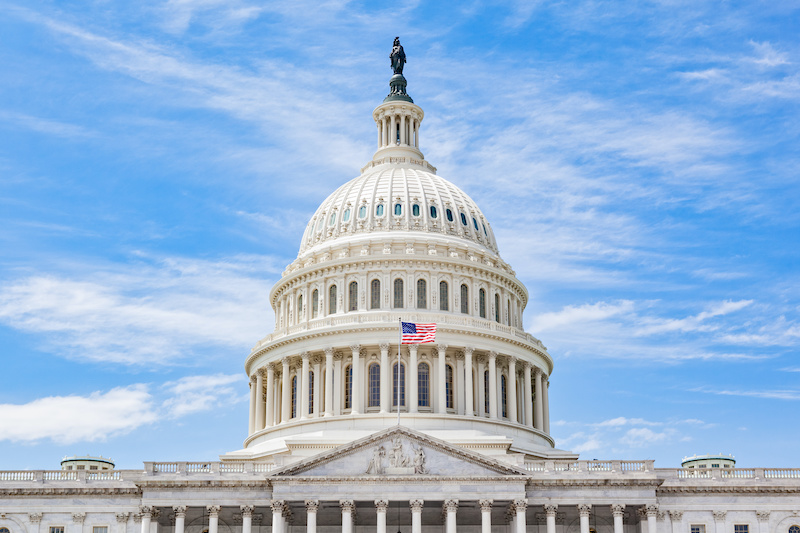President Biden is scheduled to deliver his first State of the Union address before a joint session of Congress tonight. When it comes to foreign policy, Russia’s invasion of Ukraine is certain to take center stage. But we also expect President Biden will speak to ongoing efforts to curb the COVID-19 pandemic and tackle the climate crisis.
Here are two commitments we hope to hear from the president.
1. Emergency funding for vaccine delivery and preparedness in low- and middle-income countries
What we’d like to hear:
... But we know that bringing an end to the COVID-19 pandemic will require ensuring every country has access to vaccines and the ability to deliver them. Our own US Agency for International Development launched a new initiative in December that is supplying critical support to low- and middle-income countries to help put an end to the pandemic while bolstering future preparedness. I will work with Congress to ensure we have sufficient emergency funding to expand this work and carry it forward.
While COVD-19 vaccine supply constraints are easing, many lower income countries face new challenges as they work to get shots in arms. Last week, reports emerged that the Africa CDC would ask for a pause in COVID-19 vaccine donations amid concerns doses would expire before they could be used. In December, USAID launched the Initiative for Global Vaccine Access (Global Vax) to support vaccine delivery (as well as bolster in-country vaccine manufacturing and provide critical supplies, including oxygen to areas experiencing a surge in COVID-19 cases)—prioritizing countries in sub-Saharan Africa. A number of the agency’s focus countries have made impressive progress in vaccinations in a relatively short period of time. Global Vax is made possible with remaining supplemental funding (to the tune of $400 million) provided by Congress through the American Rescue Plan last year. But administration officials have acknowledged that supplemental resources for the international response to COVID are all but tapped out. Reports suggest the White House has briefed lawmakers an ask for additional money, but as of yet no formal request has been made public. While mobilizing support on Capitol Hill will require concerted effort, further delay risks the potential for the emergence of new variants and the loss of momentum and attention. President Biden could also seize the opportunity to announce a date for the promised second Global COVID-19 Summit—where we hope the US can announce the official launch of a financial intermediary fund to support country investments in preparedness against future pandemic threats.
2. A commitment to innovative climate finance
What we’d like to hear:
The latest report from the UN, released just yesterday, confirms that while billions around the world are already confronting the harrowing consequences of the climate crisis—without action, levels of suffering, particularly among the world’s poorest, will only grow. As we work to reduce emissions at home, America will pursue innovative financing with the potential to aid in the climate fight and help lower income countries build resilience in the face of emerging climate threats. And we will undertake this effort while avoiding restrictions that unnecessarily penalize the populations least responsible for the crisis at hand.
Back in April, President Biden pledged a major boost in international climate finance. To deliver on this resource ramp-up, the administration should explore under-utilized financial tools, such as sovereign bond guarantees. The multilateral development banks are also worth a closer look. As our colleague has pointed out, MDB contributions have been left out of the count when it comes to US climate finance calculations. But these institutions stand apart—both in the potential scale of financing on offer and tremendous leverage potential—even more so, were the US to push for a climate-dedicated capital increase at the World Bank and IFC.
Pull financing could also help the US achieve value for money by incentivizing new technologies that can deliver climate and development gains. And, given energy poverty remains a crippling problem, particularly in sub-Saharan Africa, President Biden should promise to avoid blanket bans on fossil fuel financing—in policy and practice—carving out exemptions for countries with very low levels of emissions and energy consumption.
CGD blog posts reflect the views of the authors, drawing on prior research and experience in their areas of expertise.
CGD is a nonpartisan, independent organization and does not take institutional positions.






